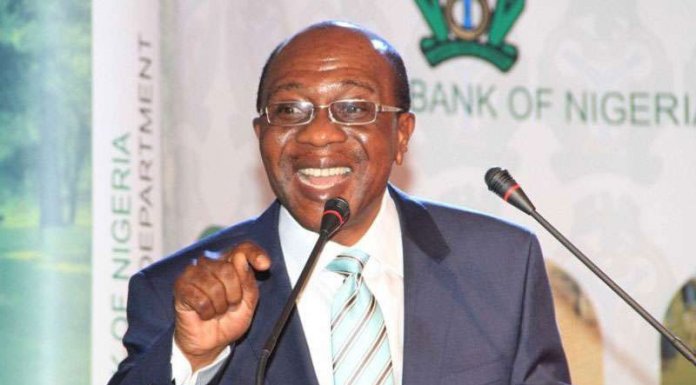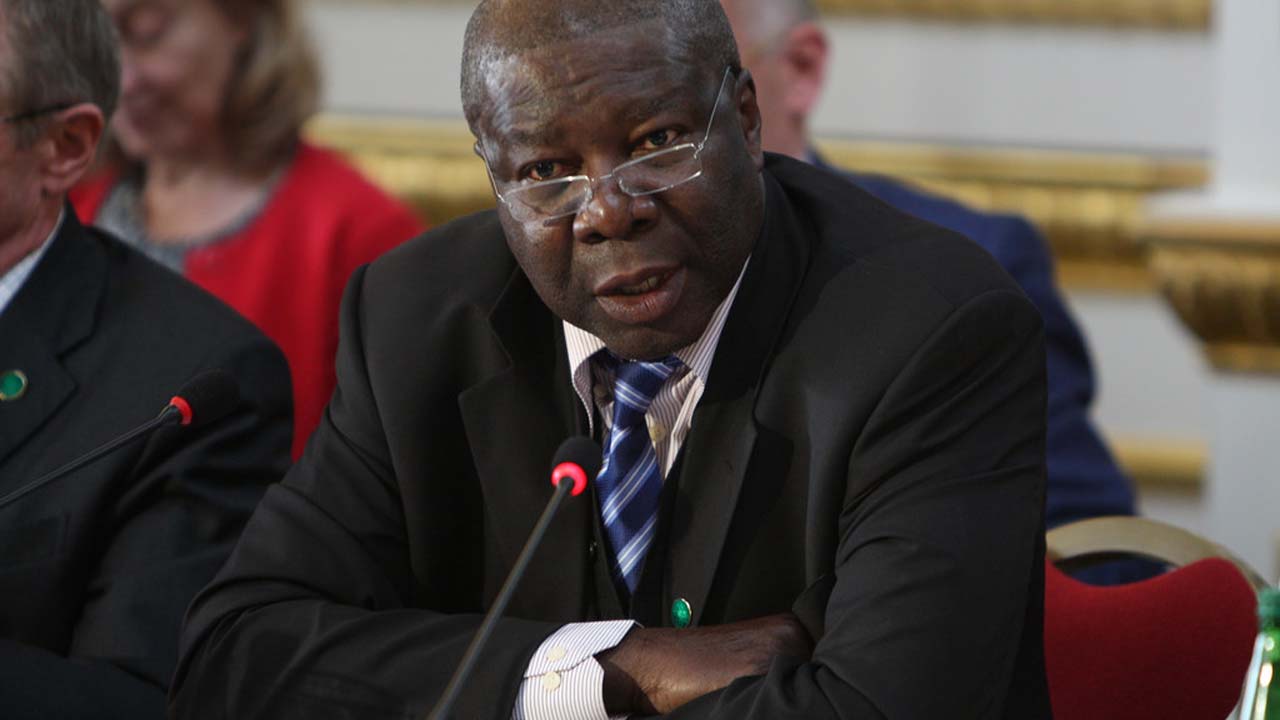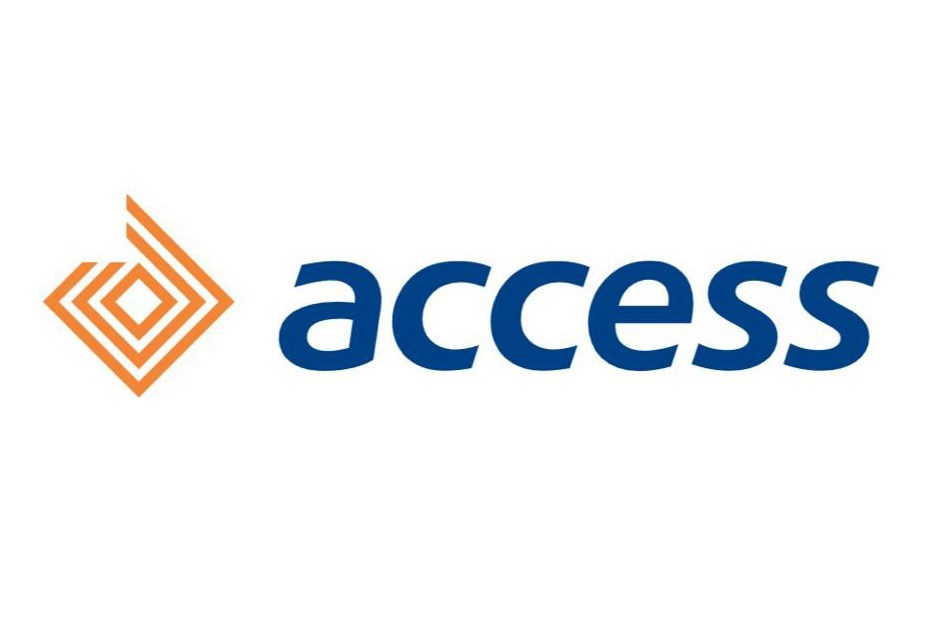The Central Bank has raised the Monetary Policy Rate (MPR) to 13.5 per cent from the current 12 percent.
This is the first time the apex Bank will announce a change in the interest rate since September 2020.
The Governor of the Central Bank, Godwin Emefiele, disclosed this while reading the communiqué of the MPC’s 142nd meeting in Abuja on Tuesday.
Among the reasons for increasing MPR from 11.5 per cent is to mop up liquidity ahead of election spending.
Nigeria’s inflation had risen to 16.82 per cent in April thereby complicating the central bank’s effort to manage the growing prices.
Although Nigeria’s economy is on the growth trajectory, the growth recorded is still fragile according to analysts.
In the first quarter, the National Bureau of Statistics said GDP growth was at 3.11 per cent.
Global inflationary pressure has influenced policy tightening as the International Monetary Fund also called on central banks for higher interest rates.
According to the CBN Governor, Godwin Emefiele, high energy prices, logistics issues for agric products and epileptic power supply worsened Nigeria’s inflationary pressure.
The governor said the bank’s outlook is gloomy due to the sanctions on Russia.
Emefiele said the MPC has decided to take a cautious shift to a policy hike that would sustain economic recovery.
MPC said tightening will help curb inflationary pressure before it reaches a galloping trend.
CBN said tightening will also provide incentive for capital inflow and restore investors’ confidence.
Emefiele added that reducing the MPR would also pressure the country’s exchange rate and lead to further depreciation of the Naira.
MPC Committee decision
Increased the MPR to 13 per cent, retain the asymmetric corridor of +100/-700 basis points around the MPR, retain the CRR at 27.5 per cent. Retain the Liquidity Ratio at 30 per cent.
In what can be regarded as a shocking event, the Monetary Policy Committee (MPC) voted to increase the MPR to 13.0% at its recently concluded meeting, the first rate hike since July 2016. In terms of voting pattern, six members voted to increase the MPR by 150bps, four voted for a 100bps hike, and one voted for a 50bps increase in the MPR. The Committee also voted to retain the Cash Reserve Requirement (CRR) at 27.5%, liquidity ratio at 30.0% and asymmetric corridor around the MPR at +100bps/-700bps. According to the Central bank Governor, the Committee decided to hike interest rates after careful consideration of the need to strike a delicate balance between containing inflationary pressures whilst supporting economic recovery and mitigating capital flow reversals associated with global central banks’ normalisation of monetary policy.
On domestic growth, the Committee highlighted the sustained economic growth momentum in Q1-22 (3.11% y/y VS Q4-21: 3.98% y/y) and attributed it to the spillover effect of continued policy support on aggregate consumption expenditure. Farther out, the Committee expects output growth to continue, albeit at a much-subdued pace, given the unfolding pass-through impact of domestic and external shocks on the economy. Accordingly, the Committee expects the economy to grow by 3.24% in 2022E, in line with the CBN’s estimates which is slightly below our revised projection (3.51% y/y).
On Inflation, the Committee expressed concerns about the domestic inflationary pressures, which increased for the third consecutive month in April (16.82% y/y vs March: 15.92% y/y), given price increases across the food (+117bps to 18.37% y/y) and core (+26bps to 14.18% y/y) inflation sub-baskets. In line with our thoughts, the Committee attributed the increase in the core inflation to high energy prices and a progressive hike in electricity tariffs. Similarly, the Committee noted that the increased food prices continue to reflect legacy structural constraints and security challenges in the food-producing regions. Overall, the Committee expects that consumer prices will remain elevated, particularly given the spending associated with the build-up of election activities.









